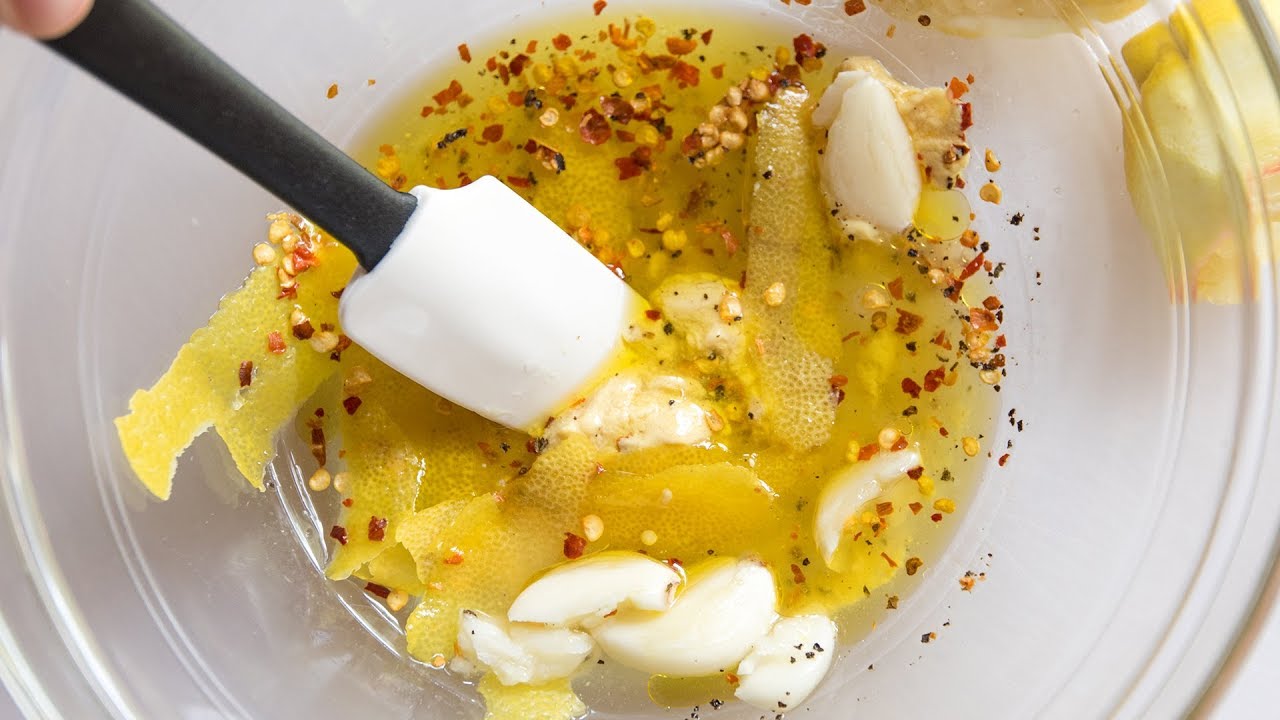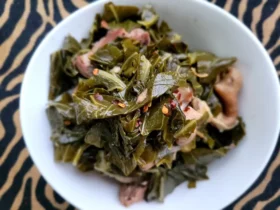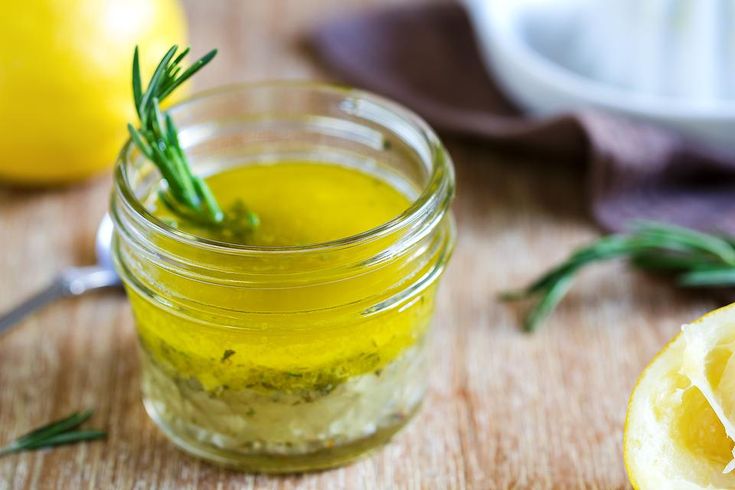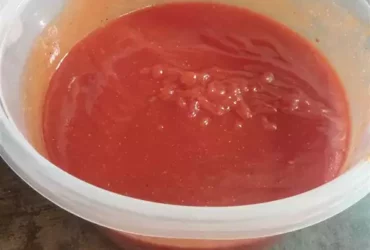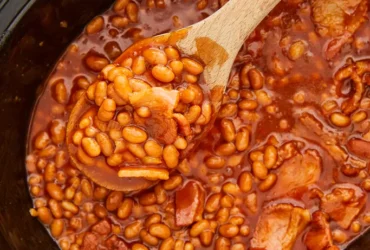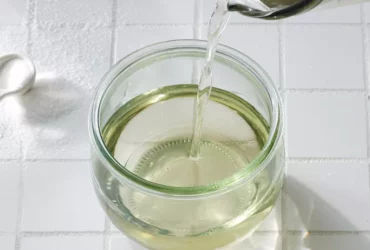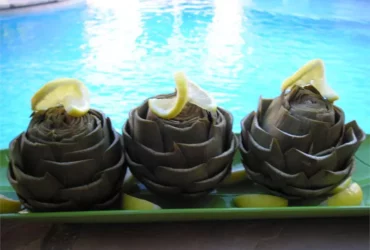Garlic and Herb Marinade Essentials
Selecting Fresh Herbs
A Garlic and Herb Marinade is a crucial component in many culinary creations, adding depth and complexity to various dishes, including meats, poultry, seafood, and even vegetables. To create an exceptional marinade, you need to focus on the essentials: garlic, herbs, acidity, oil, and spices.
At the core of every Garlic and Herb Marinade lies garlic – a fundamental flavor enhancer with a pungent aroma that complements a wide range of ingredients. It’s advisable to use both fresh and dried forms of garlic; for a more potent flavor, you can add minced or crushed garlic cloves directly into the marinade mixture, whereas powdered or granulated forms are ideal for longer storage.
Herbs play an equally important role in achieving that desired balance of flavors. Selecting fresh herbs is essential; they offer a more vibrant flavor and aroma compared to their dried counterparts. Among various herbs, some popular choices for Garlic and Herb Marinade include thyme, basil, oregano, and parsley.
When selecting fresh herbs, choose those that are bright green, have no signs of wilting, and are free from any yellow or brown discoloration. You can store them in a sealed container lined with paper towels to maintain their freshness for up to 3-4 days. Additionally, use scissors to cut the leaves, as this prevents bruising the herbs and preserves their flavors.
The acidity component is crucial in balancing out the richness of the marinade; choose from common ingredients like vinegar (white wine, balsamic, or apple cider) and lemon or lime juice. Oil helps with blending the flavors together and aids in the cooking process; select a neutral-tasting oil such as olive or avocado oil.
Finally, add your preferred spices to the marinade mixture for added depth and complexity. Spices can include salt, black pepper, and paprika – but feel free to experiment with different options to create unique flavor profiles.
Choose fresh herbs such as rosemary, thyme, or oregano for optimal flavor and aroma
To create an exceptional garlic and herb marinade, it’s essential to focus on using fresh herbs that can elevate the flavor and aroma of your dish. Among the top choices are:
- Rosemary: This herb has a distinct piney flavor and scent that pairs well with lamb, chicken, and vegetables.
- Thyme: Thyme offers a subtle, slightly minty taste and is often used in conjunction with rosemary for added depth. It’s particularly suited to meats like beef, pork, and game.
- Oregano: This herb boasts a pungent, earthy flavor that’s commonly found in Mediterranean dishes. It’s a natural pairing for tomatoes, bell peppers, and eggplant.
In addition to fresh herbs, other key components of a garlic and herb marinade include:
- Garlic: Fresh or roasted, garlic adds an unmistakable depth and richness to the marinade. For an intense flavor, you can crush or mince the cloves.
- Olive oil: This is the base of your marinade, providing moisture and helping to bring out the flavors of the other ingredients.
- Acid (lemon juice or vinegar): A splash of acidity helps break down the proteins in meat and balance out the flavors. Choose from various types like red wine vinegar, apple cider vinegar, or lemon juice.
- Spices: You can include additional herbs or spices to enhance the flavor profile further. Options might include black pepper, paprika, cumin, coriander, or chili flakes.
The proportions of your marinade ingredients are flexible and depend on personal taste preferences. However, a general guideline is:
- Herbs: Use about 2-3 tablespoons of chopped fresh herbs per cup of olive oil.
- Garlic: Add one to two cloves (crushed or minced) for every cup of olive oil.
- Acid and spices: Start with a small amount and adjust to taste, as these elements can quickly overpower the dish if overdone.
Remember that marinating times vary based on the type of protein you’re using. Allow at least 30 minutes for delicate fish or vegetables, while tougher meats like beef might require several hours or overnight in the refrigerator. Always refrigerate the marinade once it’s been applied to prevent spoilage and foodborne illness.
When ready to cook, preheat your oven, grill, or stovetop to the recommended temperature for the chosen dish. Remove the marinated ingredients from the refrigerator about 30 minutes before cooking to allow them to come up to room temperature, ensuring even cooking and preventing cold spots within the meat.
Consider using a mix of hardy herbs like parsley and dill for added depth
The art of creating an exceptional garlic and herb marinade lies in striking a perfect balance between aromatic herbs, pungent garlic, and complementary flavors that elevate the dish to new heights.
To start, we need to identify the essential components of this marinade: garlic, herbs, acidity, oil, and seasonings. Garlic forms the foundation, providing a rich and savory flavor profile that is enhanced by the addition of various herbs.
A mix of hardy herbs like parsley and dill adds depth and complexity to the marinade, while also contributing to its overall aroma. Parsley’s fresh, green flavor pairs well with garlic’s pungency, creating a harmonious balance. Dill, on the other hand, brings a bright, citrusy note that cuts through the richness of the dish.
Other herbs like thyme and rosemary can also be added to create a more robust flavor profile. Thyme contributes a slightly minty, herbal flavor, while rosemary adds a piney, aromatic taste that complements the garlicky notes.
Acidic ingredients such as lemon juice or vinegar help to break down the proteins in the meat and add brightness to the marinade. Red wine vinegar or apple cider vinegar work particularly well, adding a fruity flavor that enhances the overall taste experience.
The choice of oil is also crucial, as it helps to emulsify the ingredients and carry the flavors into the meat. Olive oil, with its rich, peppery flavor, is an excellent option for this marinade. However, other neutral-tasting oils like canola or grapeseed oil can also be used if you prefer a lighter flavor.
Finally, seasonings such as salt and black pepper add depth and warmth to the marinade without overpowering the other ingredients. Salt helps to balance out the flavors, while black pepper adds a subtle kick that enhances the overall taste experience.
To create this garlic and herb marinade, simply combine all the ingredients in a blender or food processor and blend until smooth. Taste and adjust as needed, then pour the marinade over your chosen protein and refrigerate for several hours or overnight to allow the flavors to meld together.
Making the Marinade
Measuring Ingredients
To make a delicious garlic and herb marinade for your favorite meats or vegetables, you’ll need to start by measuring out the ingredients.
Here’s a list of the ingredients you’ll need:
- Garlic: You’ll need 4-6 cloves of garlic, depending on how strong you like your marinade.
- Olive oil: Use a good-quality olive oil as the base for your marinade. A neutral-tasting oil is best for this recipe.
- Herbs: Choose one or a combination of herbs that you like, such as thyme, rosemary, oregano, and basil. You’ll need about a tablespoon of chopped fresh herbs or half that amount if using dried herbs.
- Lemon juice: Freshly squeezed lemon juice is best for this recipe. Use about 2-3 tablespoons of lemon juice.
- Minced onion: You’ll need about a tablespoon of finely minced onion for added flavor.
- Salt and pepper: These are self-explanatory, but be sure to use freshly ground black pepper for the best flavor. Use salt sparingly, as too much can overpower the other flavors in your marinade.
Now that you have all of your ingredients measured out, it’s time to mix them together to create your marinade:
- Add the minced garlic and herbs to a blender or food processor. Blend until they’re well combined and the mixture is smooth.
- With the blender or food processor running, slowly add in the olive oil through the top. This will help to emulsify the marinade and create a smooth consistency.
- Add the lemon juice, minced onion, salt, and pepper to the blender or food processor. Blend until everything is well combined.
Transfer your marinade to a bowl or container with a tight-fitting lid and refrigerate for at least 30 minutes before using it on your meats or vegetables. You can also store leftover marinade in an airtight container in the fridge for up to 1 week.
This garlic and herb marinade recipe is versatile and can be used on a variety of meats, such as chicken, beef, pork, lamb, and fish. It’s also great on vegetables like bell peppers, zucchini, eggplant, and mushrooms. Experiment with different herbs and spices to create your own unique flavor combinations.
Combine 1/4 cup olive oil with 2 cloves minced garlic for a classic marinade base
The first step in making a delicious marinade for your favorite dishes is to create a classic marinade base, which typically consists of olive oil and minced garlic. To begin, you’ll need 1/4 cup of high-quality olive oil and 2 cloves of fresh garlic.
Start by peeling the garlic cloves and mincing them finely using a chef’s knife or a garlic press. This will help to release the flavorful compounds within the garlic, allowing it to blend smoothly with the olive oil.
Mix the minced garlic into the 1/4 cup of olive oil until well combined. Be sure to scrape the sides and bottom of the bowl to ensure that all of the garlic is fully incorporated into the oil.
As you mix, take note of how the mixture begins to develop a rich, savory aroma. This is an indication that the flavors are coming together nicely and will help to bring out the best in your meats or vegetables as they marinate.
Here are some key tips to keep in mind when combining olive oil with garlic for your marinade:
- Use high-quality olive oil for the best flavor.
- Mince the garlic finely to ensure it blends smoothly with the oil.
- Scrape the sides and bottom of the bowl thoroughly to ensure all of the garlic is incorporated.
With this basic marinade base complete, you can now customize it to suit your personal preferences or the specific dish you’re preparing. Add herbs, spices, acidity (like lemon juice or vinegar), and other seasonings as desired to create a marinade that complements your culinary creations.
Add 2 tablespoons chopped fresh herbs, such as rosemary or thyme
To make the marinade for this recipe, start by combining 1/4 cup olive oil, 1/4 cup white wine vinegar, 2 cloves minced garlic, 1 tablespoon Dijon mustard, 1 teaspoon dried oregano, and salt and pepper to taste in a small bowl.
Next, add 2 tablespoons of chopped fresh herbs such as rosemary or thyme. You can use one type of herb or a combination of both for added flavor.
For example, if you’re using rosemary, you could chop 1 sprig (about 2 inches long) and use the leaves in your marinade. If you’re using thyme, you could use about 5-6 stems (about 1 inch long).
Add the chopped herbs to the bowl with the other ingredients and whisk until well combined.
Here’s a list of the marinade ingredients with their quantities:
- Olive oil: 1/4 cup
- White wine vinegar: 1/4 cup
- Minced garlic: 2 cloves
- Dijon mustard: 1 tablespoon
- Dried oregano: 1 teaspoon
- Salt and pepper to taste
- Chopped fresh herbs (such as rosemary or thyme): 2 tablespoons
Whisk the marinade ingredients together until smooth and well combined. Taste and adjust seasoning as needed.
Congrats! Your garlic and herb marinade is now ready to use in your favorite recipe.
Mix in 2 tablespoons lemon juice and 1 teaspoon Dijon mustard
To make the marinade, start by combining 2 tablespoons of freshly squeezed lemon juice with 1 teaspoon of Dijon mustard in a small bowl.
The acidity in the lemon juice will help to break down the proteins on the surface of the meat, while the Dijon mustard adds a tangy flavor and a bit of spice. Mix well until the two ingredients are fully incorporated.
- Best Datanyze Alternatives for 2025 - April 24, 2025
- Best Hunter.io Alternatives for 2025 - April 22, 2025
- Best Lead411 Alternatives for 2025 - April 22, 2025

